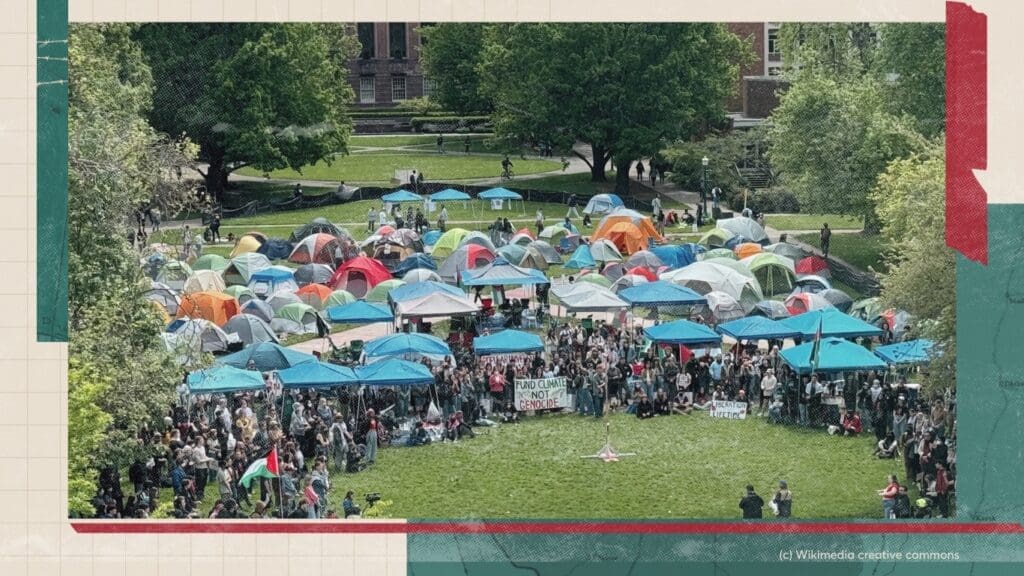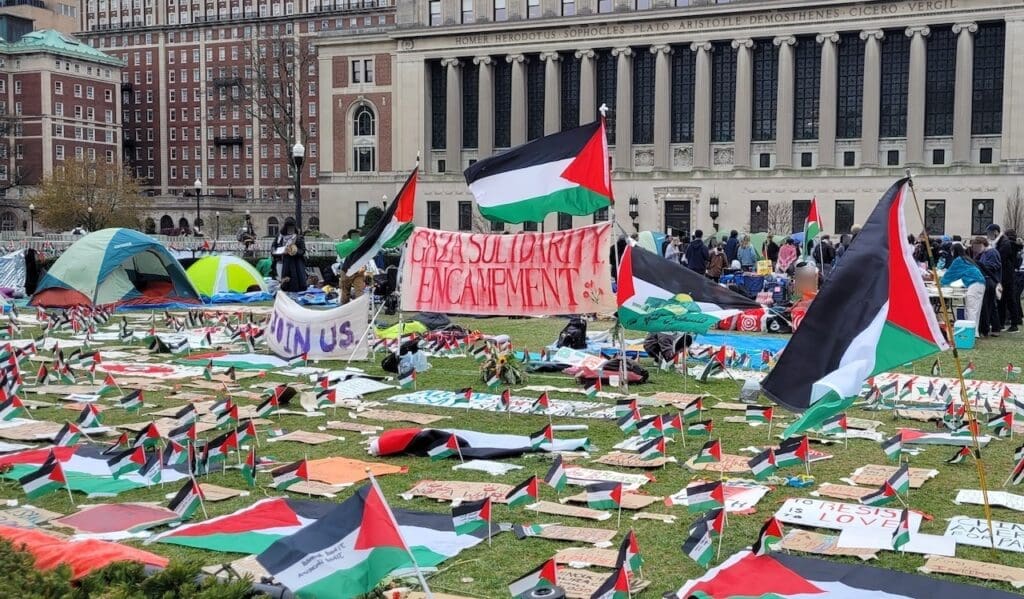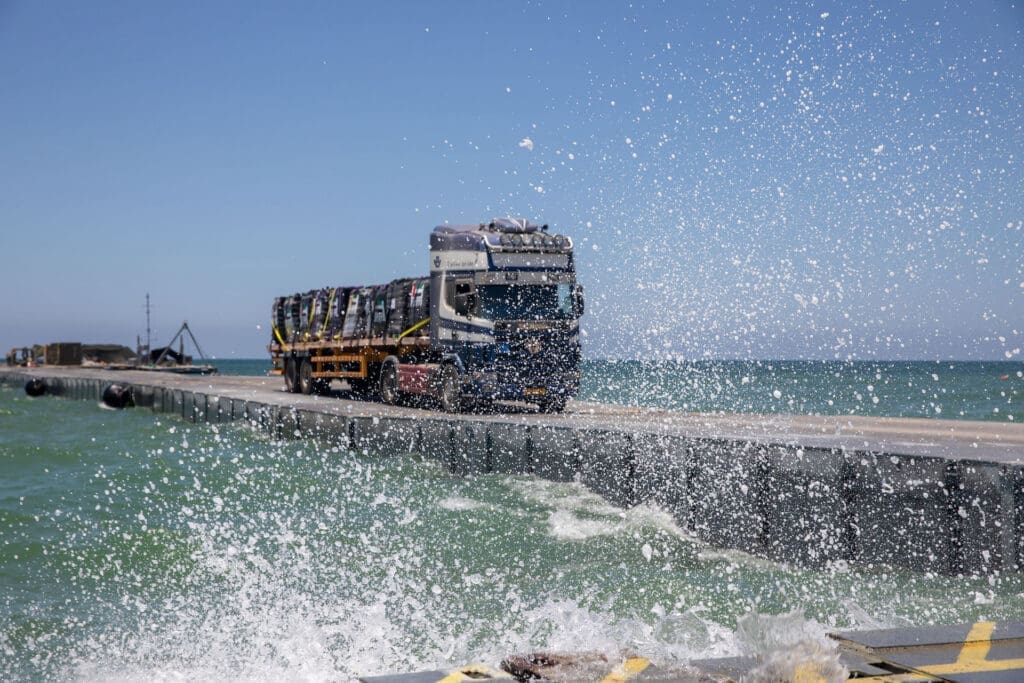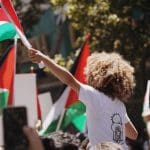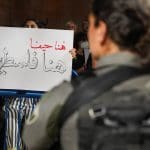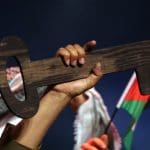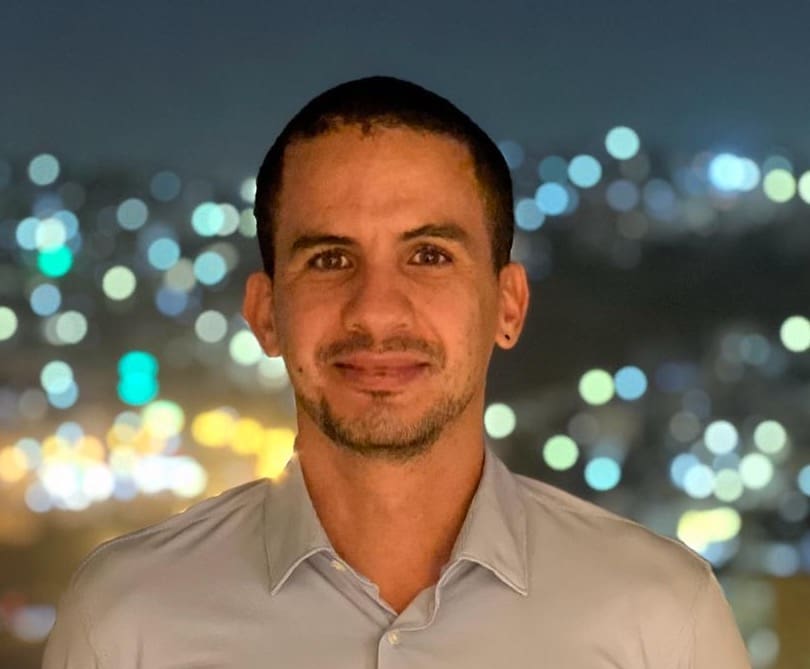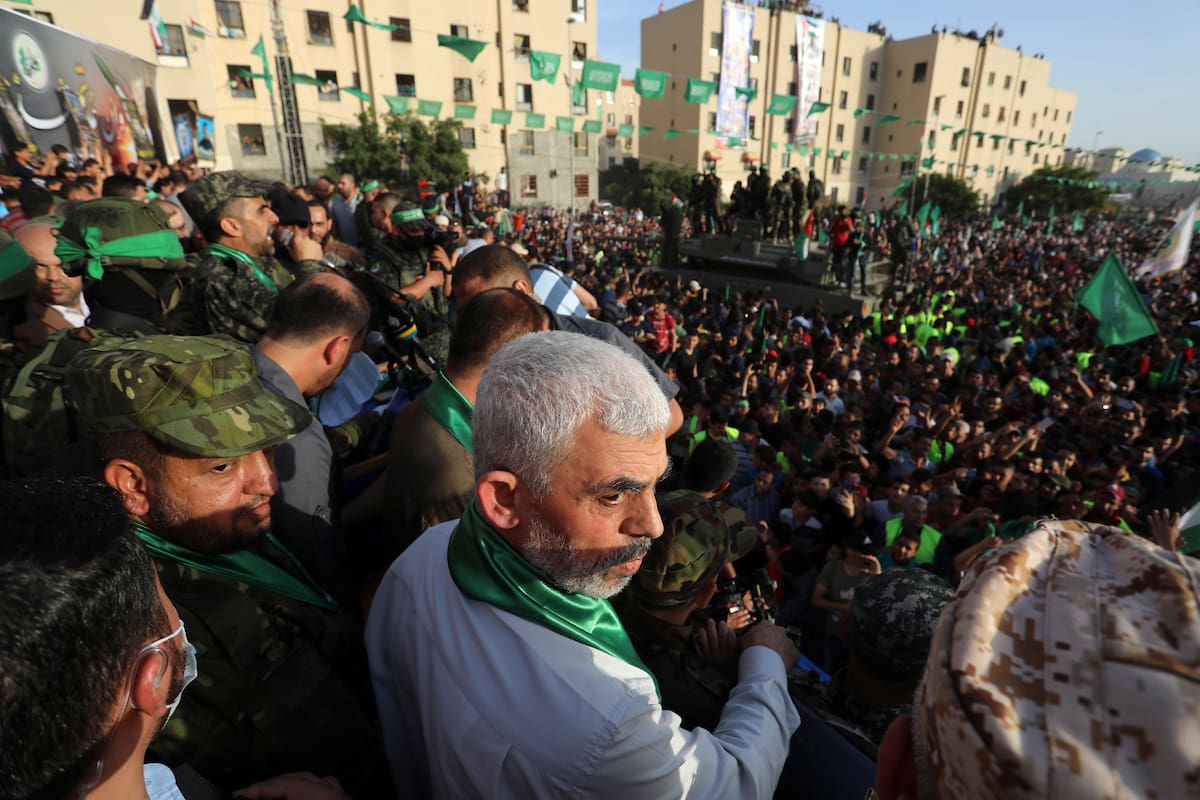
Since the Unity Intifada in May 2021, Hamas has achieved an unprecedented level of popularity and support among the Palestinian people for its resistance in the face of the Israeli regime’s attacks on Palestinians in East Jerusalem.
Still, the movement continues to struggle between reconciling its leadership and governance on the one hand, and its nature as a resistance movement on the other. How has Hamas’s gradual rise to political power since 2005/06 affected the movement’s ideological foundations? How did the isolation of Hamas in Gaza determine its global image, and thus its relationship with the Palestinian national struggle? What can we expect from the movement?
This policy lab is only available in Arabic, and may be viewed here.
Nadim Bawalsa is Associate Editor with the Journal of Palestine Studies. From 2020-2023, Nadim served as Al-Shabaka’s commissioning editor. He is a historian of modern...
Jehad Abusalim is currently a PhD student in the History and Hebrew and Judaic Studies joint program at New York University. His main area of...
Belal Shobaki is the Head of the Department of Political Science at Hebron University, Palestine. He is a Policy Member at the Palestinian Policy Network....

